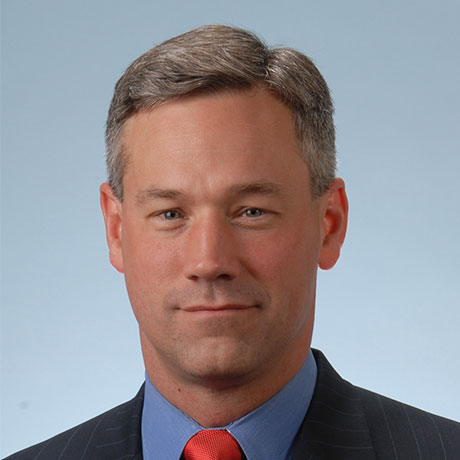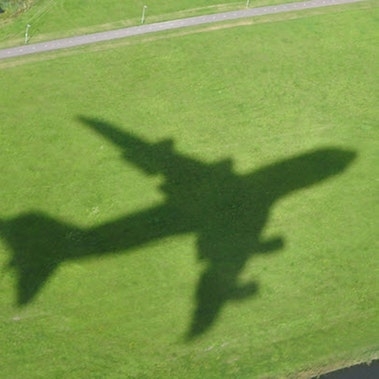Overview
In its second year, CAPA’s Latin America summit addresses specific trends and issues affecting the region and its carriers. The first day covers broader pan-regional topic and outlooks while the second day dives into challenges for low cost carriers serving Latin America.
For more information on the full agenda click here.
This year, Oliver Wyman partner Scot Hornick will moderate two panels at the summit in Cartagena.
Sessions
Monday, Sept 10th at 14:35
What’s set to cause the next wave of disruption on North-South markets?
US majors have comfortably dominated capacity on routes between North and South America for decades, but new aircraft technology and a raft of new airline entrants are set to change the competitive dynamics of this market. Long range narrowbodies enable US ULCCs and LCCs to compete against the majors by bringing the deep south of Latin America within flying range from South Florida. Latin American LCCs such as Interjet and Volaris are also taking advantage of new technology to to go further into the US, but long haul international markets within Latin America also offer promising growth opportunities.
What are the prospects for air service expansion on the crucial North-South axis?
How is technology influencing network planning on North-South markets?
Which hubs will be the winners?
Are US ULCCs or Latin America LCCs set to usurp the dominance of the US majors in this arena?
Moderator: Scot Hornick, Partner, Oliver Wyman
Panel Members: Paul Moultrie, VP of Marketing Latin America & Caribbean, Airbus; Abhi Shah, Chief Revenue Officer, Azul; James McBride, Managing Director – Marketing, The Boeing Company
Monday, Sept 10th at 16:10
How are Latin American airlines unlocking revenue opportunities?
The expansion of low cost activity in Latin America has prompted the region’s major carriers to adopt new pricing models very similar to the tiered fare structures implemented by their US counterparts. They are engaging in product unbundling of non core services in selected markets, while retaining essential components such as loyalty programs, premium seating and free in flight entertainment in the bundled product. It is a form of price discrimination aimed at segmenting the market according to customers' willingness to pay, thereby maximising the potential revenue. But the success of the strategy hinges on carriers’ willingness or ability to cut non fuel unit costs - for example by lowering distribution and airport costs and increasing aircraft utilisation - and how effective they are in educating passengers on the ancillary model.
Where are Latin American carriers in this process, and what is the reception for product unbundling in Latin America?
Is the merchandising and sales capability at an optimal standard to enable proper product unbundling?
Is product unbundling sustainable in the long term?
Have the network carriers been able to achieve any corresponding reduction in unit costs?
Do passengers understand the product attributes, or lack thereof, associated with tiered fares?
What are the expected ancillary revenue gains given the historically low penetration rate of ancillary sales in the region?
Moderator: Scot Hornick, Partner, Oliver Wyman
Panel Members: speaker tbc, Cellpoint Mobile; Santiago Alvarez Matamoros, CEO, LATAM Airlines Colombia; Tamur Goudarzi Pour, VP Airline Sales - The Americas, Lufthansa Group; Felix Antelo, President & CEO, Viva Air




